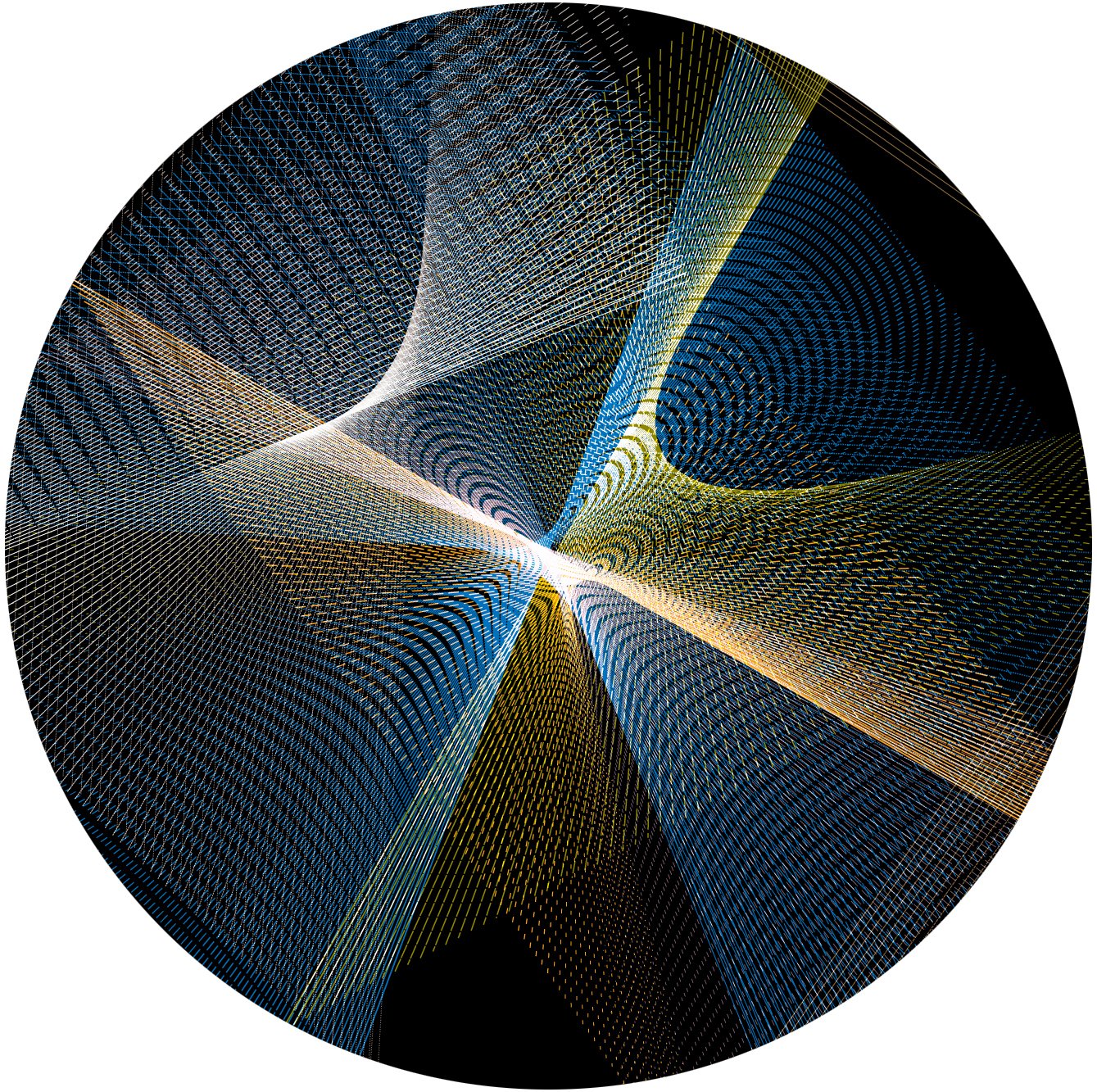Uncommon Senses IV: Sensory Ecologies, Economies, and Aesthetics
Call for Papers: Deadline 17 February 2023
The senses work together in multifaceted and even dissonant ways. However, recognition of this multiplicity has been stymied by the emphasis on the “prereflective unity” of the senses within the phenomenology of perception, and the focus on harmonious integration within cognitive neuroscience. The collision of the senses is inherent to Marshall McLuhan’s notion of the “collideroscope” of the sensorium. With this conference, we seek to explore the potentialities of this conceptualization.
In the same spirit, the conference will welcome contributions relying on differing disciplinary perspectives. These perspectives may complement one another (multidisciplinary research) or they may coalesce (interdisciplinary research). “Cross-disciplinary research” is the expression we prefer – “crossing” in the sense of blending, but also of confronting.
The aim of the conference is to highlight the relevance of the emergent understanding of the collision of the senses to thinking about some burning issues of our times:
As regards ecology, we submit that one way to help offset climate catastrophe is to cultivate an ecology of the senses: rebalancing the senses can contribute to rebalancing our relationship to the environment. For this, we need to expand our sensorium and be more attentive to the existence and perceptions – or sentient capacities – of all beings, human and non-human, including matter.
As regards the economy, we submit that the upsurge in sensory marketing, trademarking sensations (colour, sound, gesture), and the coming to be of “the experience economy,” all shortchange our senses in the interests of capital accumulation. We stand for the liberation of the senses.
As regards aesthetics, we conceive of the aesthetic as grounded in passionate participation rather than disinterested contemplation, and experience instead of judgment. We recant Kant, and welcome interventions by artists interested in the potential of immersive media (intermedia and performance art) and blurring genres.
Because this conference is dedicated to the promotion of dissensus as well as consensus, we also invite those of a contrary disposition (marketeers, cognitive neuroscientists, acolytes of Immanuel Kant) to interject their voices into the discussion.
Subsidiary themes include:
Technology. We hold that it is a matter of first importance to critically investigate the proliferation of “sensing machines,” the coming to be of “the sensor society,” and privileging of Artificial Intelligence (AI) over sentience (our birthright). Making sense of “big data” (the qualia-fication of the quantitative) will always be an issue.
Therapy. We take note of the rapid rise of Complementary and Alternative Medicines (CAM). Western biomedicine is remiss when it privileges anesthesis over synesthesis, and efficiency in the delivery of medical services in place of sensitivity to the “whole person” as a multisensory being
The cross-disciplinary field of sensory studies is an ever-expanding one, so in addition to papers that address the themes outlined above, we welcome proposals that speak to any of the following areas of research.
History of the senses
Anthropology of the senses
Geography of the senses
Sociology of the senses
Sensory education
Sensory design
Multisensory art history
Literature and the senses
Critical disability studies (including neurodiversity)
Critical race and gender studies
Postcolonial studies (decolonization of the senses)
Politics of the sensible (political life of sensation)
Research-creation (arts-based practice)
Multispecies ethnography
This list is not exhaustive. If you have an alternative theme to propose, please do!
Keynote speakers:
Constance Classen, Senior Fellow, Centre for Sensory Studies, Concordia University
Hsuan L. Hsu, Professor, Department of English, University of California at Davis
Kathleen Sitter, Canada Research Chair in Multisensory Research and Knowledge Translation, Faculty of Social Work, University of Calgary
Charles Spence, Head, Crossmodal Research Laboratory, University of Oxford
Organizing committee (all of Concordia University):
David Howes, Sociology and Anthropology
Jordan Le Bel, Marketing
Geneviève Sicotte, Études françaises
Miranda Smitheram, Textiles
Follow news and registration here.

